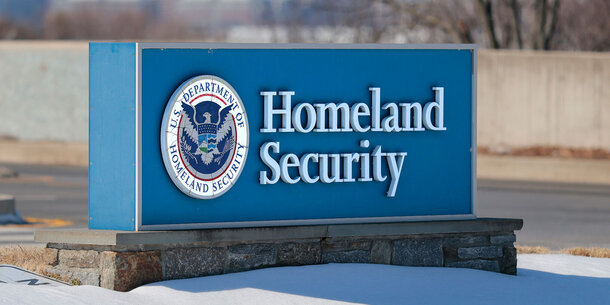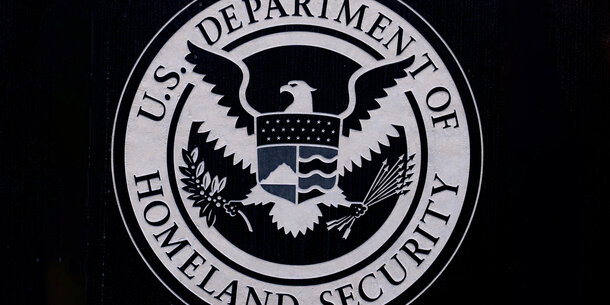On September 12, 2025, the Brennan Center and co-counsel filed a friend-of-the-court brief on behalf of 11 members of Congress. The brief explains the importance of maintaining the PCLOB’s independence and underscores the incompatibility of at-will removal and the board’s function as an aid to congressional oversight.
First, the brief argues that Congress intentionally protected PCLOB members from presidential control. Although Congress initially granted the president express authority to remove members at will, White House interference with the PCLOB’s first report to Congress prompted Congress to reconstitute the board as an independent agency in 2007 and expand its duties to Congress.
Next, the brief illustrates the indispensable role that the PCLOB has played in facilitating congressional oversight of government surveillance programs, highlighting its contributions in the form of in-depth investigations, public reports, congressional testimony, and legislative recommendations. Indeed, Congress has enacted many of the PCLOB’s suggested reforms into law.
Finally, the brief argues that at-will removal authority would undermine Congress’s ability to trust that PCLOB reports and recommendations are independent, nonpartisan, and free from White House influence, interfering with its role as a valued resource for Congress.

